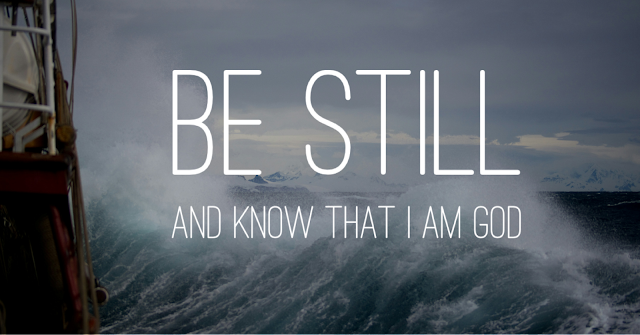Calling In, Instead of Calling Out
The problem that has ignited George Floyd protests worldwide is bigger than police brutality. Bigger than racism. And until we identify and address the bigger issue, we're likely to make things worse by applying the wrong solutions.
By "wrong solutions," I'm not talking about reforming policing. That's crucial. But how? That question has launched another ugly war, increasing our dividedness and deepening our difficulty.
The root of the problem is marginalization. It's the human tendency to look down on others who are different from us, to withdraw from them, dehumanize them, and ultimately, to treat their lives as less valuable than our own.
This tendency is as old as humanity. It brought us the Crusades, the Spanish Inquisition, African slavery, the Holocaust, and countless other horrors. And it's with us today.
What we need, desperately, is to see and honour each other's humanity across all of our divides, whatever their nature. What we do instead is defend the humanity of our own and our allies against the claims of our ideological opponents. We "call out" their errors and try to shame them into silence. We wind up in pitched battle with the very people who could help us build a better tomorrow.
Two cases in point.
Case 1: I work with developmentally disabled adults. It is one of the great blessings of my life. These people have become my friends. Real friends. Not in some patronizing "special spirit" way, but in a way that makes my heart leap and makes me want to run and greet them when I see them on the street.
I didn't always feel that way. Just three years ago, I felt uncomfortable around adults with developmental disabilities. I was afraid to approach them, afraid of doing or saying the wrong thing. I kept my distance and admired the people who didn't. I was quietly ashamed of my incapacity to relate across that difference. My problem wasn't incapacity; it was ignorance and inexperience -- the common roots of marginalizing behaviours.
So, I felt like I could understand a few months ago, when a man came into the office and said to some of the staff, "I really admire what you people do, working here. I could never do it."
The air turned chilly. "You realize that's offensive," someone else replied, "talking about people with disabilities like they're a burden?"
She was right. It was offensive. But it wasn't intended that way. And the probable result is that man went home, more anxious about relating across a difference he didn't understand. More likely to continue to marginalize.
How much better would it have been if I had said, "Thanks for caring, but you don't understand. I used to feel the same way, but I just didn't have any experience. Why don't you stick around for a bit and get to know some of these people? You'll see how lucky we are to work here."
That would have been calling in, instead of calling out; inviting him to join us in overcoming marginalization.
Case 2: A couple weeks ago, a gentle-hearted woman I know watched footage of police being brutalized during the protests. My friend devotes her life to humanitarian causes. She does not follow the liberal media. She posted a message to her Facebook page that she intended as an inclusive statement, affirming the human dignity of all. It said "All Lives Matter, including COPS."
She quickly learned that those words were loaded with meanings she did not intend. She'd had no idea. Her intent was not anti-Black. It was pro-human. But she was "called out" and roundly censured for her message.
Then, the black brother-in-law of her niece replied. I can't quote his exact words because my friend has taken down her original message. But here's what he said to the best of my memory, "I know your heart. It's beautiful. I know you didn't mean harm. But if you want to message me, I'll explain why these words hurt me. Let's talk privately. Facebook is brutal."
That's how we need to talk with each other. We need to learn how to get past loaded words and listen long enough that we hear each other's good intentions. We need to call each other in, toward community and kindness, then lock arms across ideological, racial and other divides, and march together toward healing.




Comments
Post a Comment